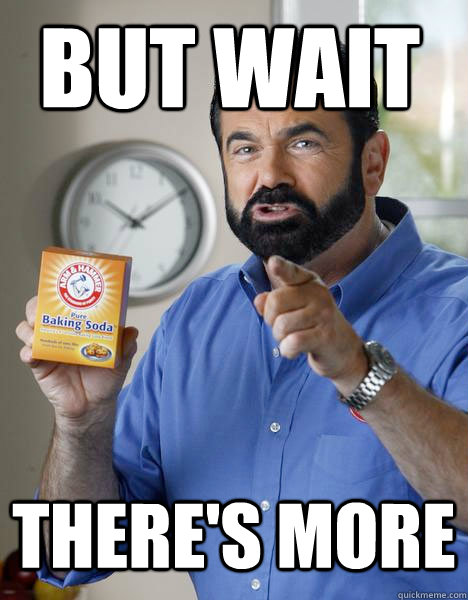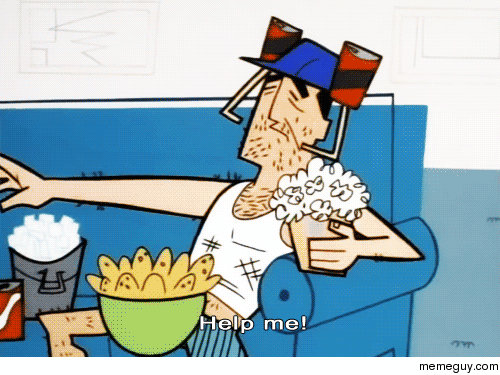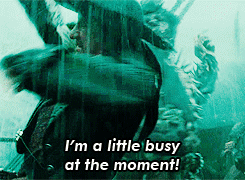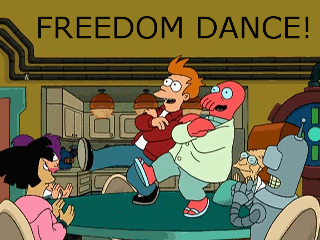We’re finally done! After nine
months of reading, researching, writing, developing, editing, and preparing, we
all made it through this difficult yet rewarding process (even if there were
times in which we thought that we wouldn’t). The last two years in this AP Capstone
program have truly been a transformative process which helped so much in
developing my ability to critically think, analyze, and organize, as well as
for more importantly proving to myself what I can accomplish.
When I first began in AP Seminar
two years ago, I struggled with the workload and the expectations that were set
for me. Although I had experience writing papers, I had never attempted to do
anything remotely close to what a seminar paper was. I had difficulty managing
my time when given large assignments in that class, and so I think the quality
of my work suffered as a result. As the year progressed though, I think I
adapted to the class and learned from my mistakes so that towards the end of
the year, I did not have as much difficulty as before. I learned to really take
advantage of the assignments we did early in the project process, such as the
annotated bibs, and outlines, because I found out how much easier writing a
paper was when I had that information. Also, as the year progressed, I think
that I also developed the critical thinking and organizational skills that made
assignments a lot easier as well. That being said, I struggled throughout the year
with the amount of work that was required. Although part of it was my fault, I
remember times feeling frustrated and overwhelmed with the class, considering
everything else that is going on junior year.
Although I was hesitant about
taking AP Research, after the difficulty I had in AP Seminar, I am ultimately
glad that I chose to take the class, and am so proud of what I was able to
accomplish as a result. While a lot of Seminar was spent in frustration as I
tried to adapt to the class, I think that Research was a lot more enjoyable,
even if it required more work. The class was certainly stressful at times,
especially when big deadlines were approaching, but I think that the freedom I
was given to choose my topic really made everything worthwhile. Being that
BASIS has been a huge part of my life for the last 8 years, not only did I
maintain my interest throughout the entire process, but I feel like this
project was almost retribution to all of the positive things that BASIS has
done for me. Even though BASIS has its flaws (which I made sure to point out in
front of the CEO), I think that it created and molded the most capable, competent
version of myself. There were many late nights, lots of caffeine, and maybe a
couple tears along the way, but I feel as if my project was an appropriate
conclusion to my time at this school. Even though I will have bittersweet
memories (and maybe nightmares) about this place, there is no denying the BASIS
effect, and how it turned a nerdy little kid with a bad haircut and glasses
into a college-bound young adult capable of conducting meaningful, independent
research.
As I reflect back on AP Capstone,
and my time at BASIS as a whole, I acknowledge the opportunities I was given.
Despite the negativity I may have felt, this is my ode to Seminar, Research,
and BASIS as a whole. It has been a challenging, frustrating experience, but a
worthwhile one nonetheless. I hope you all enjoyed my journey through AP
Research. Signing off for the last time, this is Brian.
(621 Words)






